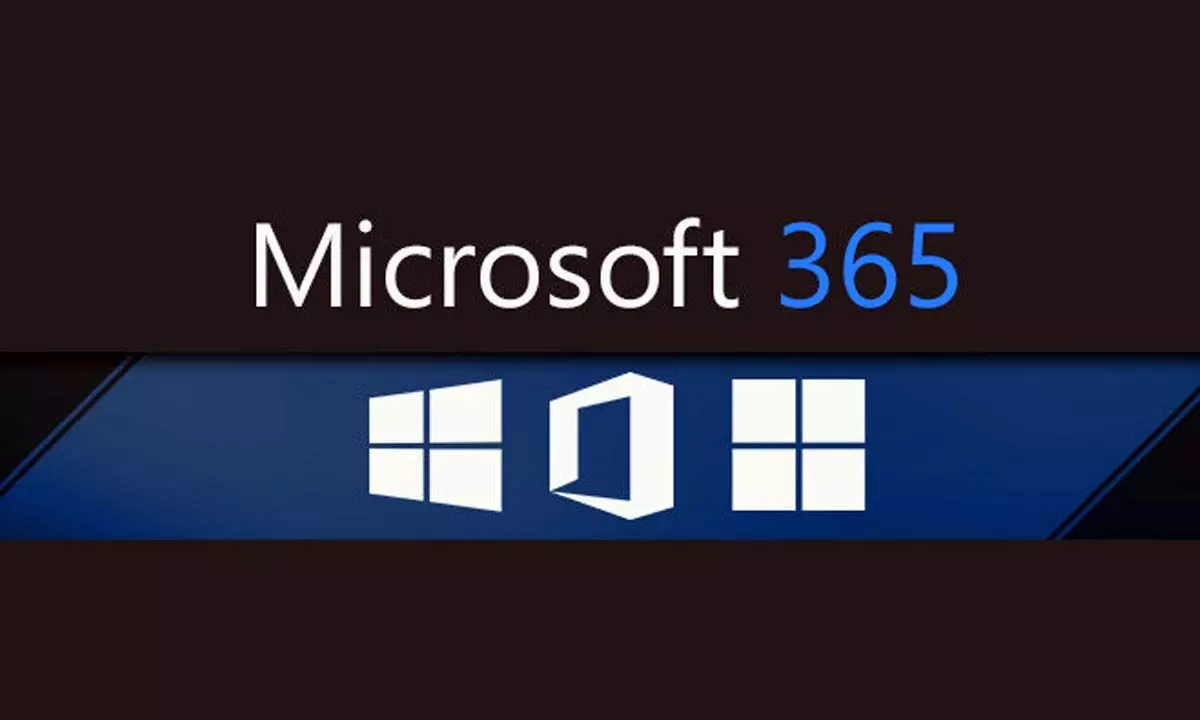Microsoft Office to rebrand itself as Microsoft 365

Microsoft Office to rebrand itself as Microsoft 365
Microsoft 365 will host Teams, Word, Excel, PowerPoint, Outlook, Loop, Clipchamp, Stream, and Microsoft's new Designer app.
Microsoft is making a significant change to its Microsoft Office brand. After more than 30 years, Microsoft Office is changing its name to "Microsoft 365" to mark the software giant's growing collection of productivity apps. While Office apps like Excel, Outlook, Word, and PowerPoint won't be going away, Microsoft will now primarily refer to these apps as part of Microsoft 365 instead of Microsoft Office.
Microsoft has been pushing this new branding for years after changing the name of Office 365 subscriptions to Microsoft 365 two years ago, but the changes are much more significant now. "In the coming months, Office.com, the Office mobile app, and the Office app for Windows will become the Microsoft 365 app, with a new icon, a new look, and even more features," explains a Microsoft FAQ.
That means if you use any dedicated Office apps, they'll soon all have Microsoft 365 branding and a new logo. The first logo and design changes will appear on Office.com in November, followed by the Office app on Windows, iOS and Android, which will be rebranded in January.
Microsoft 365 will host Teams, Word, Excel, PowerPoint, Outlook, Loop, Clipchamp, Stream, and Microsoft's new Designer app. In addition, a central Microsoft 365 app for mobile and desktop will include a feed of relevant colleagues and meetings, a hub for all your files and documents, and custom labels to the group and organize content.
However, the Microsoft Office brand will not disappear instantly. Microsoft will continue to offer one-time purchases of its Office suite of applications to consumers and businesses through Office 2021 and Office LTSC plans. Microsoft Office is now a Microsoft legacy brand, which means that when new features are announced, they will come to Microsoft 365 and not Microsoft Office.














